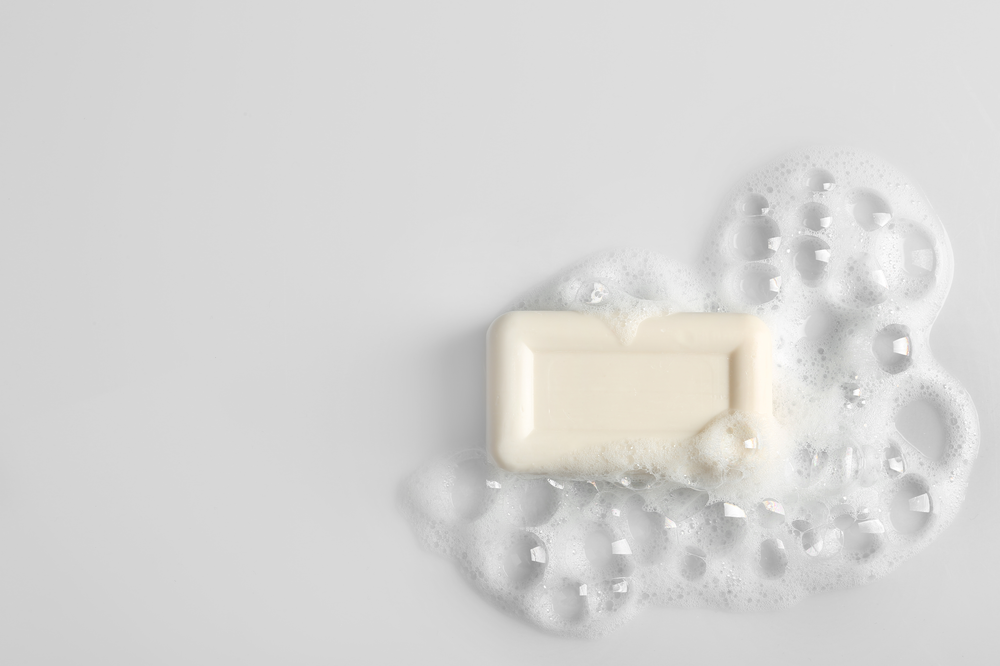
Soaps That Trigger Psoriasis
Psoriasis is a condition that affects the skin, causing red patches, itching, burning sensation, and thick silvery scales. It can also affect other parts of the body, such as fingernails, toenails, and even fingernail beds. The cause is unknown, but genetics play a role in this autoimmune disorder. Psoriasis is not contagious or infectious and cannot be transmitted from person to person.
Excessive irritation and stress, a weakened immune system and certain medications are also common psoriasis triggers. Some soaps also trigger psoriasis conditions, like plaque psoriasis. Here are some of the most triggering soaps for patients with already sensitive skin:
1. Soaps with propylene glycol
Propylene glycol is a humectant, which means that it attracts and retains moisture. It is often used in beauty products to keep them from drying out. However, this element can be very irritating for people with psoriasis and can trigger flare ups. This is because it not only attracts moisture but also strips the skin of its natural oils, leading to dryness and irritation. Soaps that contain this ingredient should be avoided if you have psoriasis.
2. Antibacterial Soaps
Soaps that contain antibacterial agents like triclosan and triclocarban are also best to avoid. These soaps may seem like a good idea in preventing bacterial growth and infection, but they can trigger psoriasis flare ups. When applied to the skin, these soaps remove the natural oils that protect it from bacteria. Because of this, there is an increased risk of scratching, which will result in irritations and flare ups. It is best to look for soaps that are alcohol-based, fragrance-free and contain moisturizers or emollients.
3. Strong fragrance soaps
Another common irritant to be aware of is strong fragrance. Because psoriasis flares up due to dry, itchy skin, using soaps containing fragrances may worsen the condition because it further dries out the skin and worsens itching. Soaps that are labeled hypoallergenic or fragrance-free are less likely to irritate.
4. Soaps with botanical oils
Botanical oils, such as tea tree oil and lavender oil, are often used in soaps and other skincare products. While they may be beneficial for people without psoriasis, these oils can cause irritation and flare ups for those with the condition. Botanical oils are known to contain terpenes, which are toxic for people with psoriasis. If you are using a soap that contains any of these botanical oils, it is best to stop and switch to a soap that is free of these ingredients.
5. Soaps with cocamidopropyl betaine
Comedogenic ingredients (or those derived from coconut oil) are also best to avoid. These components clog pores and cause whiteheads, blackheads and acne breakouts. It is often found in soaps with coconut oil. When applied to the skin, comedogenic elements can trigger psoriasis flare ups by causing irritation and dryness, eventually leading to itching and scratching.
6. Soaps containing methylisothiazolinone and methylchloroisothiazolinone
These are antiseptic ingredients that are present in many household products including soaps, body washes and shampoos. Studies show that these two compounds can trigger psoriasis flare ups by triggering inflammation and skin irritation, which eventually results in stress and anxiety. Suppose you have not been diagnosed with psoriasis but are experiencing itching, rashes or other skin irritations after using products containing these ingredients. In that case, it is best to purchase soaps that are free of MCI and MI.
While psoriasis is not contagious or infectious, there are certain substances that can trigger flare ups. Soaps with ingredients like propylene glycol, MCI and MI, antibacterial agents, strong fragrance, and botanical oils should be avoided because these components cause irritation and dryness to the skin, leading to itching and scratching.


